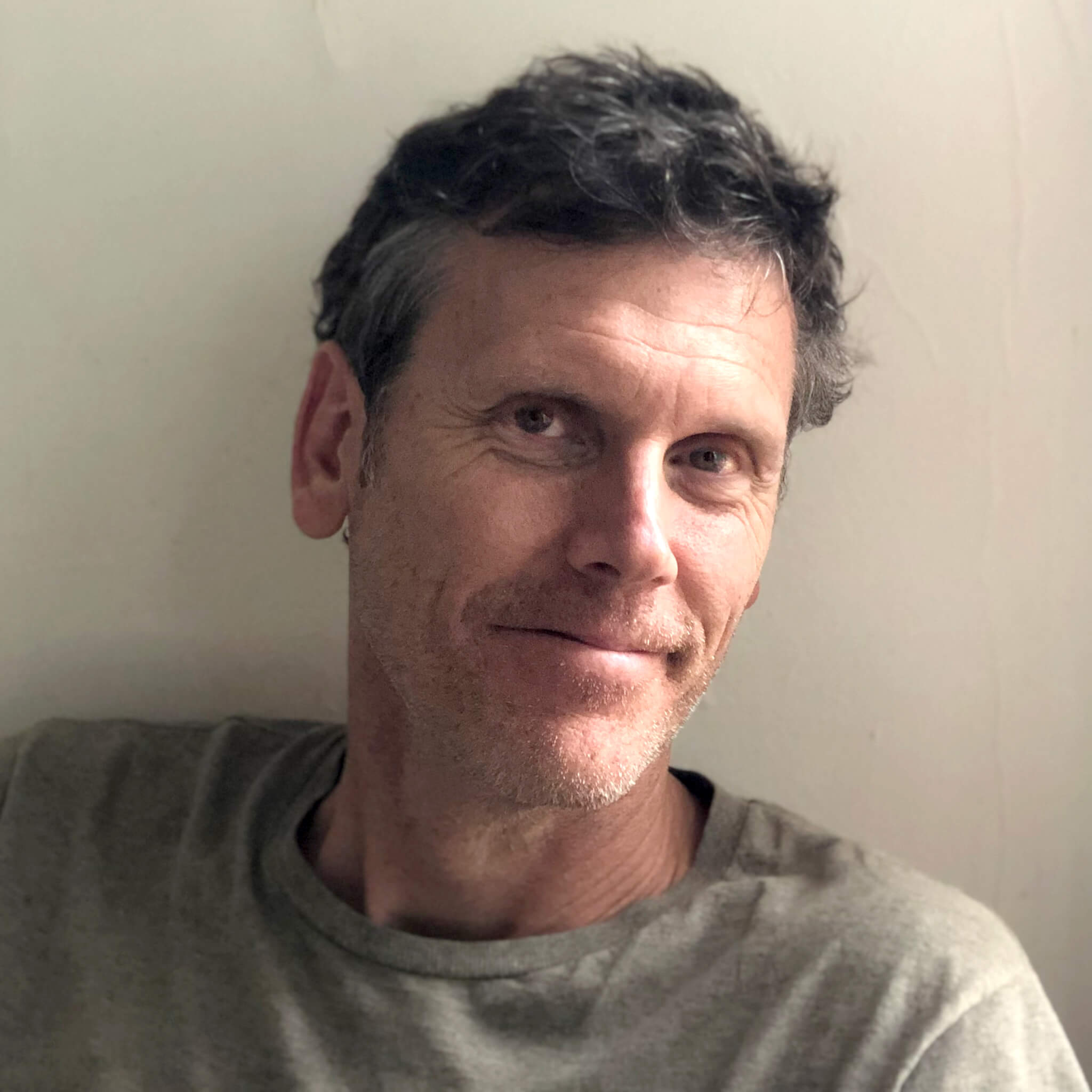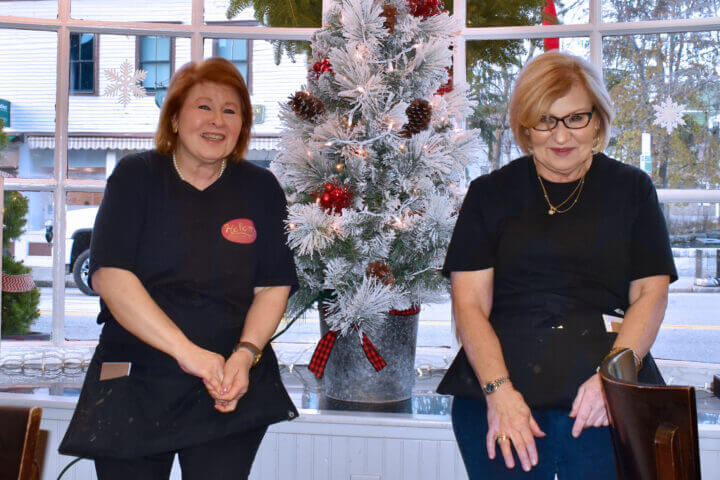Will Eno did not set out to be a playwright, more-or-less an award-winning playwright in the United States and abroad. He entered it “sideways.”
“Trying little things, here and there,” he said of his various jobs which included Wall Street broker, cat sitter for playwright Edward Albee, and proofreader of psychology textbooks. Eno balanced his day jobs with writing before and after work.
Eno got his break when he dropped off an unsolicited play, “Tragedy: a Tragedy,” at the National Theater (N.T.) stage door in London. About a month later, he got a call from the N.T.’s literary manager, who said N.T. would like to do a reading of the play.
“I was working in New York doing proofreading, which allowed me access to Xerox machines, so I made a bunch of copies of the play and got a courier flight to London. The year was 2000,” described Eno, with self-effacing humor. “I left a note with the play, … it ended, ‘I am writing this with my left hand even though I’m right-handed.’ It would have been entirely reasonable for them to throw it in the trash and tell the door guy, ‘no more drop-offs, okay?’”
“London is really serious, but not precious,” said Eno, of his meteoric success in England, with several of his plays produced there.
Success in New York followed.
Yet, before he became a playwright, Eno had already put one of his life’s ambitions to bed.
While a student enrolled in Concord-Carlisle Regional High School, Eno’s energies and talents were focused on competitive biking. His cycling career spanned from age 12-to 23-years-old.
He was on the Junior National Cycling Team, and won a silver medal in the National Championships. He credits the Concord Tuesday Night Time Trials with his development as a cyclist. The timed route went through Carlisle Center and past the Old North Bridge and the Colonial Inn.
“To get out of high school early, I was told I had to run laps to fulfill my Phys. Ed. requirement [to graduate] in order to attend the Olympic Training Center in Colorado,” said Eno.
He ended his biking career racing on a semi-professional team in Italy, long before embarking on writing.
His play, “Thom Pain (based on nothing),” was a Pulitzer-Prize finalist in 2005 for Drama.
“Thom Pain” is a startling blend of existentialism and disorientating lyricism delivered in a monologue that shifts rapidly between a bleak portrait of a life and its inherent absurdities,” wrote critic Will Humphries.
“But it is also, in its odd, bewitching beauty, an affirmation of life’s worth,” NY Times critic Charles Isherwood wrote. “A minor proof of it, even.”
Eno’s plays have been produced on Broadway, London, and throughout Europe, translated into over 15 languages. Recently Eno worked on a “Skittles” Superbowl commercial, which was a one-day Broadway musical starring actor Michael C. Hall, best known for his roles in “Dexter” and “Six Feet Under.” The two are great friends, with Hall becoming a Red Sox fan, after a stay in Massachusetts. Hall lived in Concord when “Dexter” was filming at Fort Devens and Shelburne Falls.” They are working together on a new television series, a dark comedy set in New Hampshire that Eno is writing.
The son of a lawyer (Arthur) and an activist (Ann), Eno said his childhood was on an even keel.
“It seemed they each spoke in their own particular code, and part of the great mystery and challenge of my life has been figuring out that code,” said Eno.
As a result of developing an ear to decipher the subtext of what his parents said and did not say, Eno has a unique take on what makes us human.
He credits his mother’s dementia in her later life with her reserve dropping and both of them “having a breakthrough.”
“It was one of the miracles of my life, to spend so much time with my mom when she was dying,” he said. “She did it so heroically and calmly and, here’s a difficult one, naturally. “
It’s impossible to have come of age in Carlisle and attend high school in Concord and not be somewhat influenced by the Transcendentalists.
“There is so much intelligence and even some willful obscurity in stuff by the Alcotts, Emerson, and Emily Dickinson, but when it hits you right it practically overflows with feeling,” said Eno of the 19th century Transcendentalist writers.
Eno, based in Brooklyn, New York, is working on, among other projects, a TV show set in Concord in the 1860s. It focuses on a French-Canadian immigrant family who moves to town and starts a lumber mill right at a time when the Transcendental movement is born.
“It’s a pretty dynamic set-up: people with real, splintery sorts of problems versus people who often spend their days in contemplation of slightly more delicate issues,” he said.
Eno credits his mother for introducing him to Louisa May Alcott, Henry David Thoreau, Great Meadows, Walden, and canoeing on the Concord and Sudbury rivers.
Was it easy to go from writing for the London and New York stages to writing for television?
“It’s been tough, as transitions tend to be, but I am having fun and making some progress,” said Eno.





